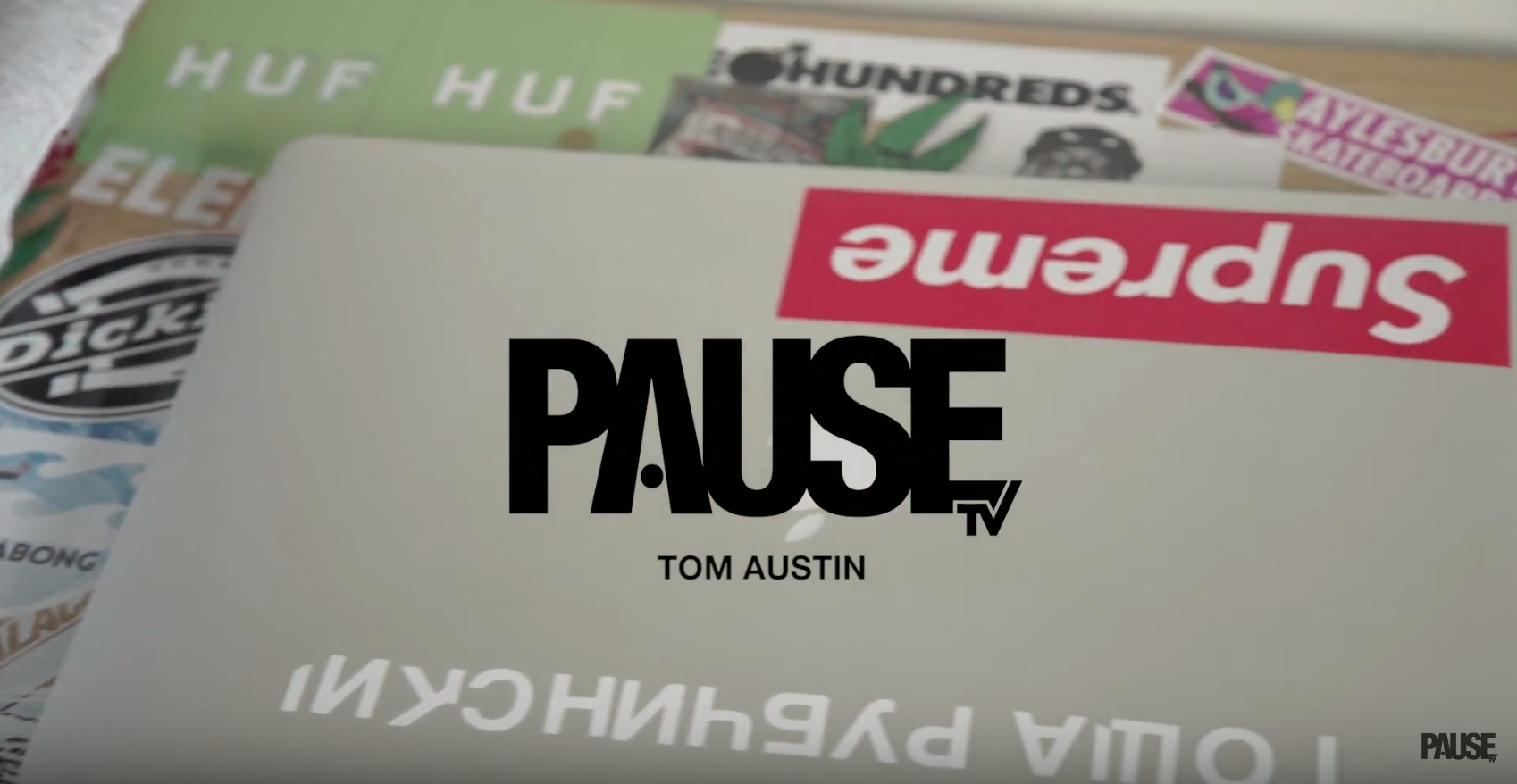
Purchasing a used car can be an excellent way to save money while still acquiring a reliable vehicle. However, it is a significant investment that requires careful consideration. Asking the right questions is crucial to ensure you understand what you are buying and avoid potential pitfalls. This guide outlines the essential questions you should pose to a seller before finalising your purchase.
Vehicle History and Ownership
How Many Previous Owners Has the Car Had?
Knowing the number of previous owners can give you an insight into the car’s history and usage. A vehicle that has had numerous owners in a short period may indicate underlying issues, while fewer owners might suggest stability and consistent maintenance. It’s also recommended to perform an ex taxi check which can reveal if the car has been used as a taxi or hired car.
Can You Provide the Full Service History?
A comprehensive service history is crucial in verifying how well the car has been maintained. It should detail routine maintenance, repairs, and any major issues that have been addressed. This information can reveal whether the car is likely to have any outstanding problems or imminent service requirements.
Is the Vehicle History Report Available?
Requesting a vehicle history report from the seller can provide a wealth of information. This report can include details about previous accidents, if the car was ever reported stolen, insurance claims, and whether it has a clean title. In the UK, platforms such as Motorscan and the DVLA can provide these reports.
Mechanical Condition
Has the Car Ever Been Involved in an Accident?
Understanding the car’s accident history can influence your purchasing decision. Even if repairs have been thoroughly completed, previous damage can affect the car’s performance and resale value. Additionally, it is essential to enquire about the nature of the damages and the quality of the repairs.
Are There Any Known Mechanical Issues?
Ask the seller to disclose any mechanical issues or wear and tear that the car may currently have. This includes checks on the engine, transmission, brakes, suspension, and other vital components. An honest seller should provide details about any necessary repairs or part replacements.
When Was the Last MOT and Service Completed?
In the UK, cars older than three years require an annual MOT (Ministry of Transport) test to ensure they meet road safety and environmental standards. Additionally, regular servicing is crucial for maintaining the vehicle’s health. Verify the dates of the last MOT and service, and consider cross-referencing with the service history provided.
Financial Considerations
What Is the Asking Price?
Clarify the asking price and compare it with market valuations. Websites such as Autotrader and What Car? offer tools to evaluate current market prices. This can help determine whether the seller’s price is fair and allows room for negotiation.
Are There Any Outstanding Finance Agreements?
Ensure there are no outstanding finance agreements on the car. If the vehicle is still under finance, the seller is not legally entitled to sell it, and it could be repossessed by the finance company. An HPI check can confirm if any finance is outstanding.
Can You Detail the Running Costs?
Understanding the running costs, including fuel consumption, road tax, and insurance premiums, is essential for budgeting. Ask the seller for this information to calculate the total cost of ownership.
Legal Documentation
Do You Have the V5C Registration Document?
The V5C, also known as the logbook, confirms that the car is legally registered in the UK. Ensure the seller possesses this document and that the details match those of the car you are purchasing. This document is vital for transferring ownership.
Are There Any Modifications?
Ask if the car has any modifications, as they can impact insurance premiums and the vehicle’s value. Modifications might also affect the car’s performance and compliance with legal standards.
Is the Car Subject to Any Outstanding Recalls?
Check whether the car has had any recalls issued by the manufacturer and if they have been addressed. Recalls are usually related to safety issues, and ensuring they have been resolved is vital for your safety and compliance with the law.
Test Drive and Inspection
Can I Take the Car for a Test Drive?
A test drive is indispensable. It allows you to assess the car’s performance, handling, and comfort. Pay attention to any unusual noises, vibrations, or warning lights, and evaluate how the car responds to acceleration, braking, and cornering.
Can I Have the Car Independently Inspected?
Consider requesting an independent inspection by a professional mechanic. This can reveal any underlying issues that might not be apparent during a test drive or from the service history. A reputable seller should have no qualms about allowing an independent examination.
Are There Any Signs of Rust or Corrosion?
Inspect the car thoroughly for rust or corrosion, particularly in areas prone to moisture exposure such as wheel arches, undercarriage, and around the doors. Rust can spread quickly and lead to costly repairs.
Mileage and Usage
What Is the Current Mileage?
Mileage is a key indicator of a car’s wear and tear. A high-mileage car might be closer to needing significant maintenance, so ensure the mileage is consistent with the car’s age and service history.
How Was the Car Typically Used?
Understanding the nature of the previous usage can offer insights into the car’s wear and tear. For instance, if the car was mainly used for long-distance motorway driving, it might have less wear compared to a vehicle used for frequent short trips around town.
Can You Provide Details on the Tyres Condition?
Tyre condition is an essential aspect of a car’s safety and performance. Verify the tread depth and look for any uneven wear or damage, which could indicate alignment issues or past accidents.
Warranty and Extra Features
Is the Car Still Under Manufacturer’s Warranty?
Check if the car is still covered under the manufacturer’s warranty and what it entails. This can save you money on potential repairs and provide peace of mind.
Are There Any Extended Warranties Available?
If the car is no longer under the manufacturer’s warranty, ask if the seller offers any extended warranty or if there are third-party warranties available. Evaluate the costs and benefits to decide if an extended warranty is worthwhile.
What Extra Features or Accessories Are Included?
Determine if the asking price includes any additional features or accessories, such as floor mats, entertainment systems, winter tyres, or roof racks. Extra features can add value to the purchase.
Closing Thoughts
Summarising the Key Points
Ensuring that you ask these essential questions can vastly improve your chances of acquiring a reliable and well-maintained used car. Pay close attention to the seller’s responses and be prepared to walk away if you have any doubts. Always remember that purchasing a car is a significant investment, and taking the time to ask these questions can save you significant hassle and expense.
Final Considerations Before Purchase
Before making your final decision, ensure all paperwork is in order, the car has been thoroughly inspected, and you are confident in the authenticity of the seller’s claims. Consult resources and professionals if necessary to verify the information provided.
By remaining vigilant and informed, you can secure a used car that meets your needs and offers reliable performance for years to come.



























































